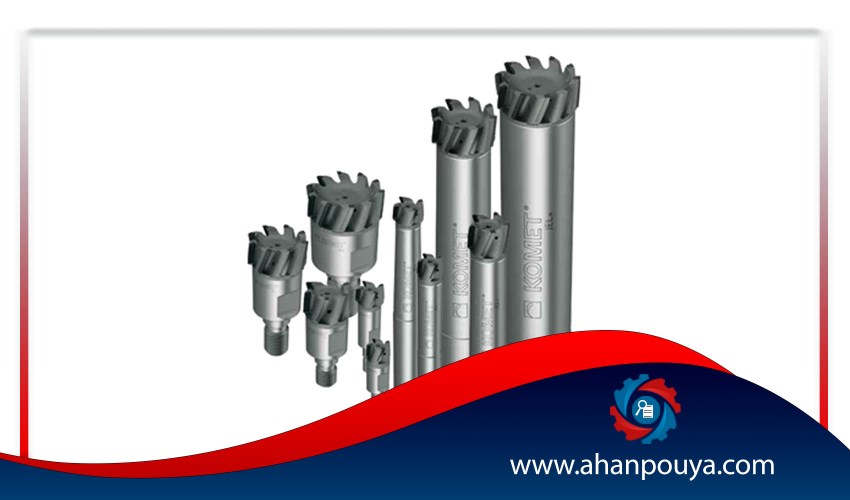
Steel is one of the most important industrial alloys and serves as the foundation for the production of thousands of tools, machines, and engineering structures. One of its critical subcategories is Tool Steel, which plays a vital role in the manufacturing of various industrial tools, molds, and precision equipment. These types of steels, with a unique combination of alloying elements, possess properties such as high hardness, wear resistance, thermal stability, and excellent mechanical strength.
In this article, we will thoroughly explore tool steel, its types, technical properties, and wide-ranging applications across different industries.
Tool steel refers to a group of carbon or alloy steels that are specifically engineered for manufacturing cutting tools, molds, precision parts, blades, and industrial equipment. These steels are designed to withstand tough working conditions such as high pressure, elevated temperatures, impact, abrasion, and deformation—without compromising their mechanical properties.
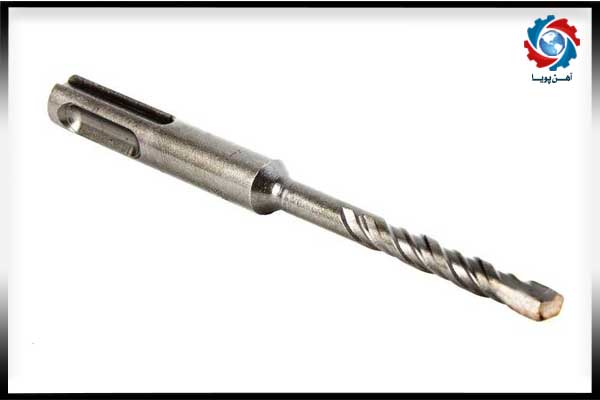
High resistance to wear
Retains hardness at elevated temperatures
Dimensional stability under mechanical stress
Capability of various heat treatments (e.g., austenitizing, tempering)
Resistance to corrosion and cracking
This category is used for manufacturing industrial molds, especially in plastic molding processes.
Features :
Resistance to wear caused by molten material flow
High surface hardness with relatively softer core to absorb stress
Suitable for injection and compression molding up to 200°C
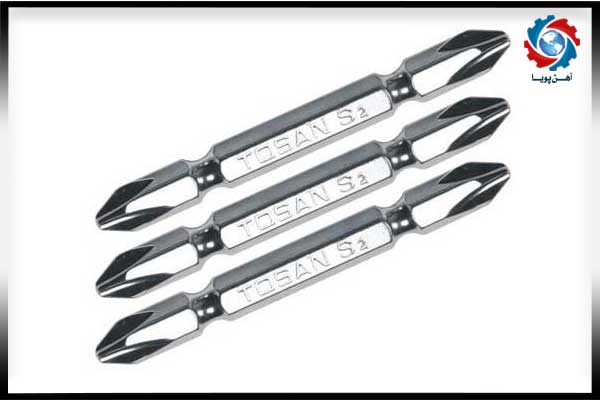
Used in low-temperature applications (below 200°C).
Features:
Excellent wear resistance
Dimensional stability under high pressure
High machinability and hardenability
Common Grades:
SPK
SPKR
DIN 1.2379
DIN 1.2842
DIN 1.2767
DIN 1.2436
Applications: Used in blanking and punching dies, blades, hand and machine tools.
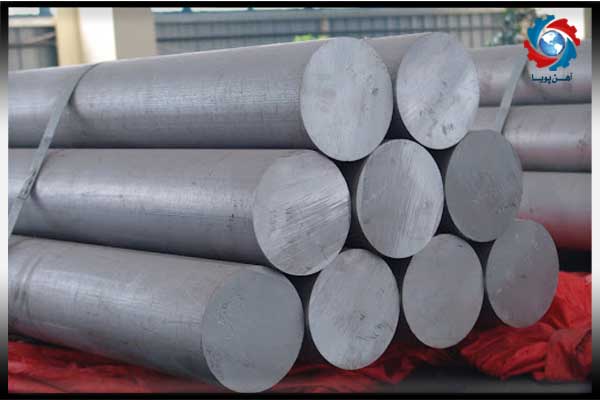
Designed for tools in direct contact with hot materials (e.g., die casting, extrusion, forging).
Features:
Structural stability at high temperatures
Resistance to thermal cracking and wear
Ability to absorb heavy impacts
Applications: Forging dies, aluminum casting molds, industrial extruders
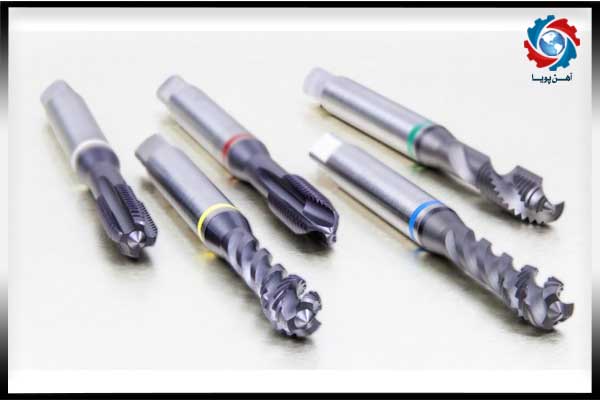
This type is intended for high-speed cutting tools.
Features:
Maintains hardness up to 600°C
Exceptional resistance to tempering
Withstands thermal shock
Special heat treatment allows austenitizing at ~1300°C
Applications: High-speed machines, drills, milling cutters, saw blades, CNC cutting tools
These steels contain small amounts of alloying elements such as silicon and manganese.
Features:
Suitable for normalizing and annealing
High magnetic permeability
Good performance in magnetic and electrical tools
Applications: Electrical parts, magnetic equipment, general engineering tools
To achieve final properties, tool steel must undergo precise heat treatment processes, including:
Preheating up to 800°C
Austenitizing between 1100–1300°C
Rapid cooling (in oil, salt, or air)
Immediate tempering after cooling to relieve stress and prevent cracking
Tool steel is one of the most specialized and essential types of steel, playing a major role in mold manufacturing, tool production, automotive industries, casting, and precision engineering. Thanks to its diverse chemical compositions and mechanical properties, it delivers reliable and consistent performance under various working conditions.

Ahan Pouya with more than a decade of best-selling experience, adheres to professional and ethical principles in the field of selling and buying at inside and outside the borders of Iran, helping you in the steel industry.